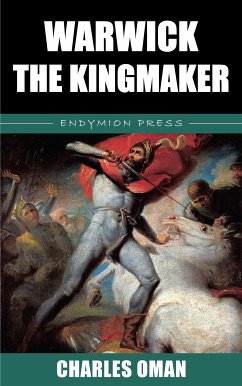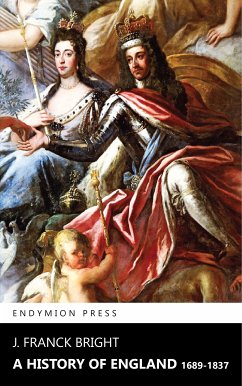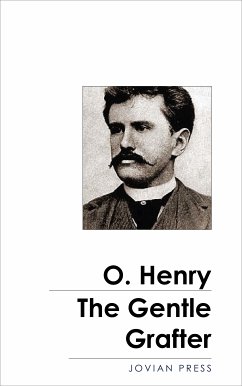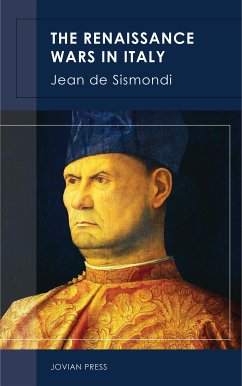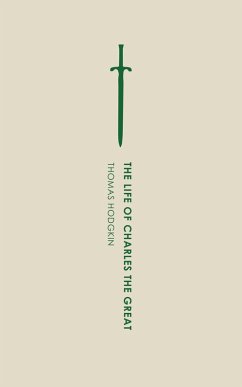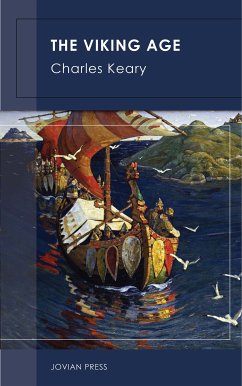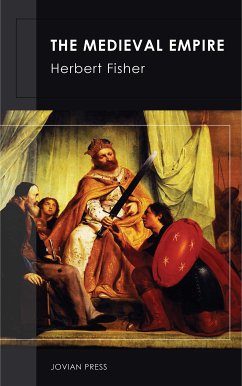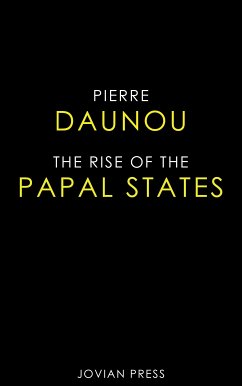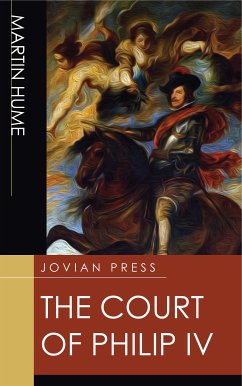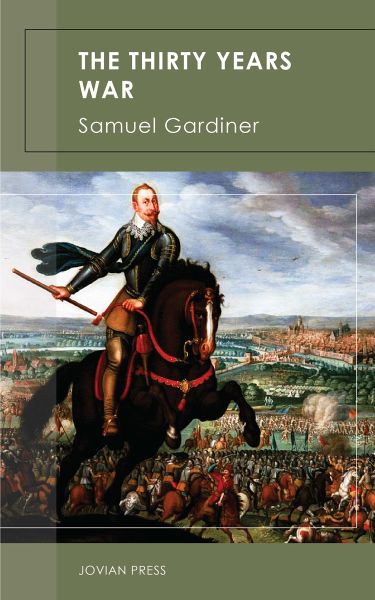
The Thirty Years War (eBook, ePUB)
Versandkostenfrei!
Sofort per Download lieferbar
0,99 €
inkl. MwSt.

PAYBACK Punkte
0 °P sammeln!
It was the misfortune of Germany in the sixteenth and seventeenth centuries that, with most of the conditions requisite for the formation of national unity, she had no really national institutions. There was an emperor, who looked something like an English king, and a Diet, or General Assembly, which looked something like an English Parliament, but the resemblance was far greater in appearance than in reality. The Emperor was chosen by three ecclesiastical electors, the Archbishops of Mentz, Treves and Cologne, and four lay electors, the Elector Palatine, the Electors of Saxony and Brandenburg...
It was the misfortune of Germany in the sixteenth and seventeenth centuries that, with most of the conditions requisite for the formation of national unity, she had no really national institutions. There was an emperor, who looked something like an English king, and a Diet, or General Assembly, which looked something like an English Parliament, but the resemblance was far greater in appearance than in reality. The Emperor was chosen by three ecclesiastical electors, the Archbishops of Mentz, Treves and Cologne, and four lay electors, the Elector Palatine, the Electors of Saxony and Brandenburg, and the King of Bohemia. In theory he was the successor of the Roman Emperors Julius and Constantine, the ruler of the world, or of so much of it at least as he could bring under his sway.
Eine Lieferung an Minderjährige ist nicht möglich
Dieser Download kann aus rechtlichen Gründen nur mit Rechnungsadresse in A, B, BG, CY, CZ, D, DK, EW, E, FIN, F, GR, H, IRL, I, LT, L, LR, M, NL, PL, P, R, S, SLO, SK ausgeliefert werden.
Entdecke weitere interessante Produkte
Stöbere durch unsere vielfältigen Angebote



